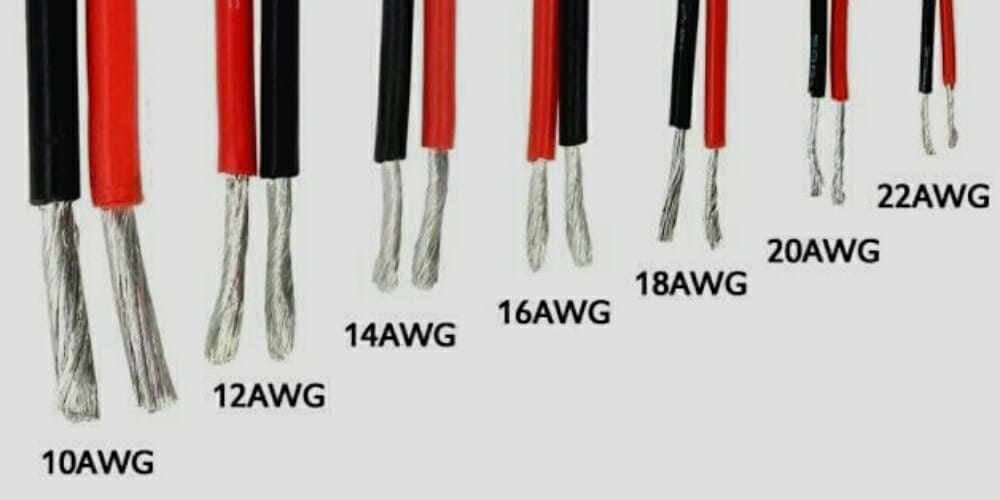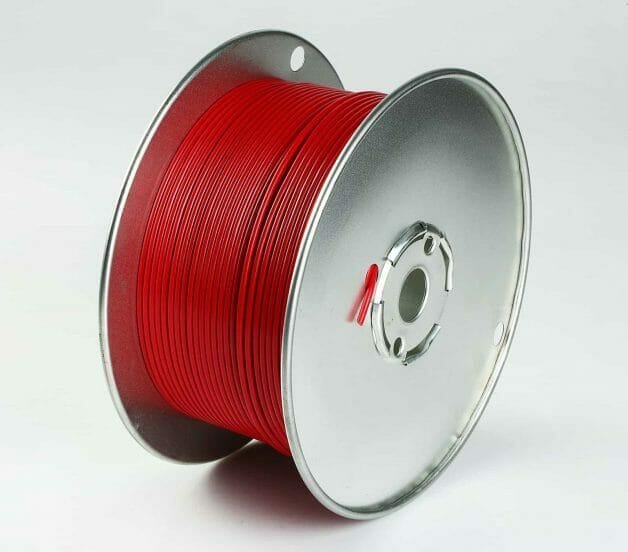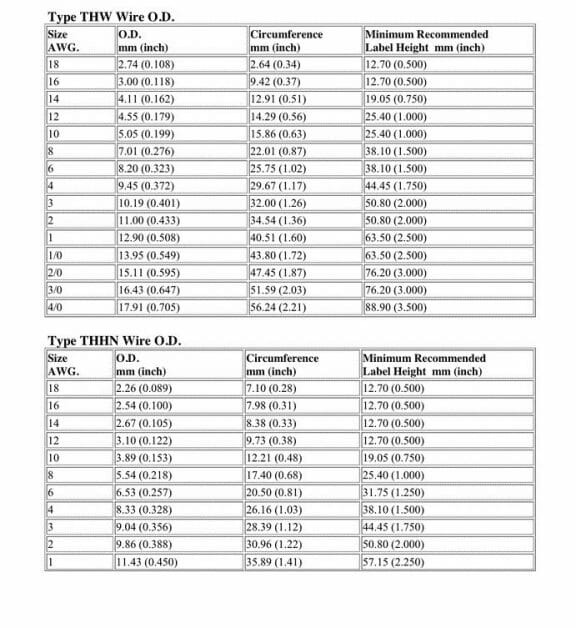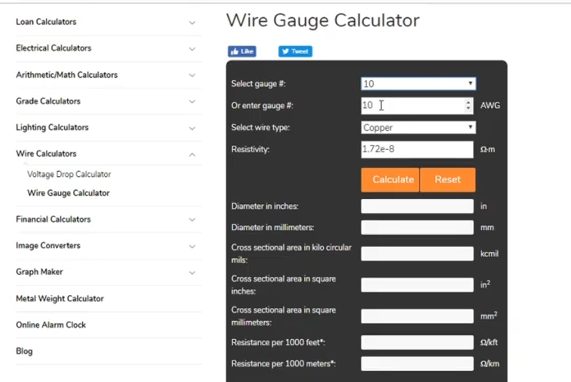How Thick is 18 Gauge Wire?

Knowing the gauge of your electrical wire is very important. Using incorrect gauges of wire to ferry electrical current can be dangerous. The 18 gauge wire has an amperage rating of 10 – 16 amps. It is used in low-voltage circuits such as lighting fixtures – 10amps.
How would you know the thickness of an 18 gauge wire? You can check the amps rating or its actual thickness value indicated on the insulation coating. 18 gauge wires have a thickness of 0.048 inches. That can be converted to 1.024 mm. And the maximum amount of watts 18 gauge wires can handle is 600 watts. You can also use the wire gauge thickness calculator according to NEC’s guidelines to calculate the thickness of your 18 gauge wire.
In this guide, we will provide tables and charts to help you check the thickness of your wire. We will also explain and illustrate the wire gauge thickness calculator.
The Thickness of 18 Gauge Wire

As I have just mentioned, 18 gauge wires have a thickness of 1.024 mm (0.048 inches). They have an amps rating of 16 amps. However, the length of the wire also influences the amps rating. The 18 gauge wires can handle 16 amps for a 12-inch wire. It is important to note that the use of higher gauge wires increases the current potential. That is because the wire gauge varies proportionately with the thickness.
I recommend you use a higher gauge wire in lighting fixtures and other electrical circuits at home. Higher gauge wires promote a proper electrical layout at home because they can handle higher amps ratings. Small gauge wires might get overheated and in that event, cause a shock.
The amount of watts the 18 gauge wires can handle is 600 watts (also called the ampacity – the amount of current a wire gauge can transmit). The amps ratings for 18 gauge wires and other gauges are illustrated in the table below.

Wire Gauge Thickness Chart

In the AWG – American Wire Gauge system, the wire gauge sizes and diameters are computed from the formula:
Diameter (AWG) = 0.005.92((36-AWG)/39) inch.
From the formula, it can be deduced that for every six gauge decrease, the diameter of the wire doubles. And for every three gauge decrease, the C. A. (cross-sectional area) also doubles. The AWG metric wire gauge is shown in the table below.
Wire Gauge Thickness Calculator
Click here for the Wire Gauge Thickness Calculator.
The wire gauge thickness calculator can help you calculate the wire gauge thickness. All you need to do is key in the values and select the type of wire – for example, copper or aluminum. The wire gauge thickness calculator will give you precise results to help you solve problems related to wire thickness computation. (1, 2)
Features of the Wire Gauge Calculator
- Source voltage – you can select your source voltage here – 120, 240, and 480 volts.
- The number of phases – usually single-phase or 3-phase. Single-phase requires 3 conductors while 3-phase circuits need 4 conductors. NEC determines the thickness of the conductors.
- Amperes – The amps drawn from the load are obtained from the equipment manufacturer. One of the NEC’s requirements is that, for the single-phase circuits, the current should be 1.25 times the current of the load.
- The allowable voltage drop, AVD – you can enter AVD in the calculator and get the wire gauge thickness of your 18 gauge wire.
Caution: You must follow the NEC guidelines when using the calculator to get good results.
Take a look at some of our related articles below.
- What gauge wire from battery to starter
- What size wire for 30 amps 200 feet
- What size wire for electric stove
References
(1) copper – https://www.britannica.com/science/copper
(2) aluminum – https://www.britannica.com/science/aluminum
Video Reference
